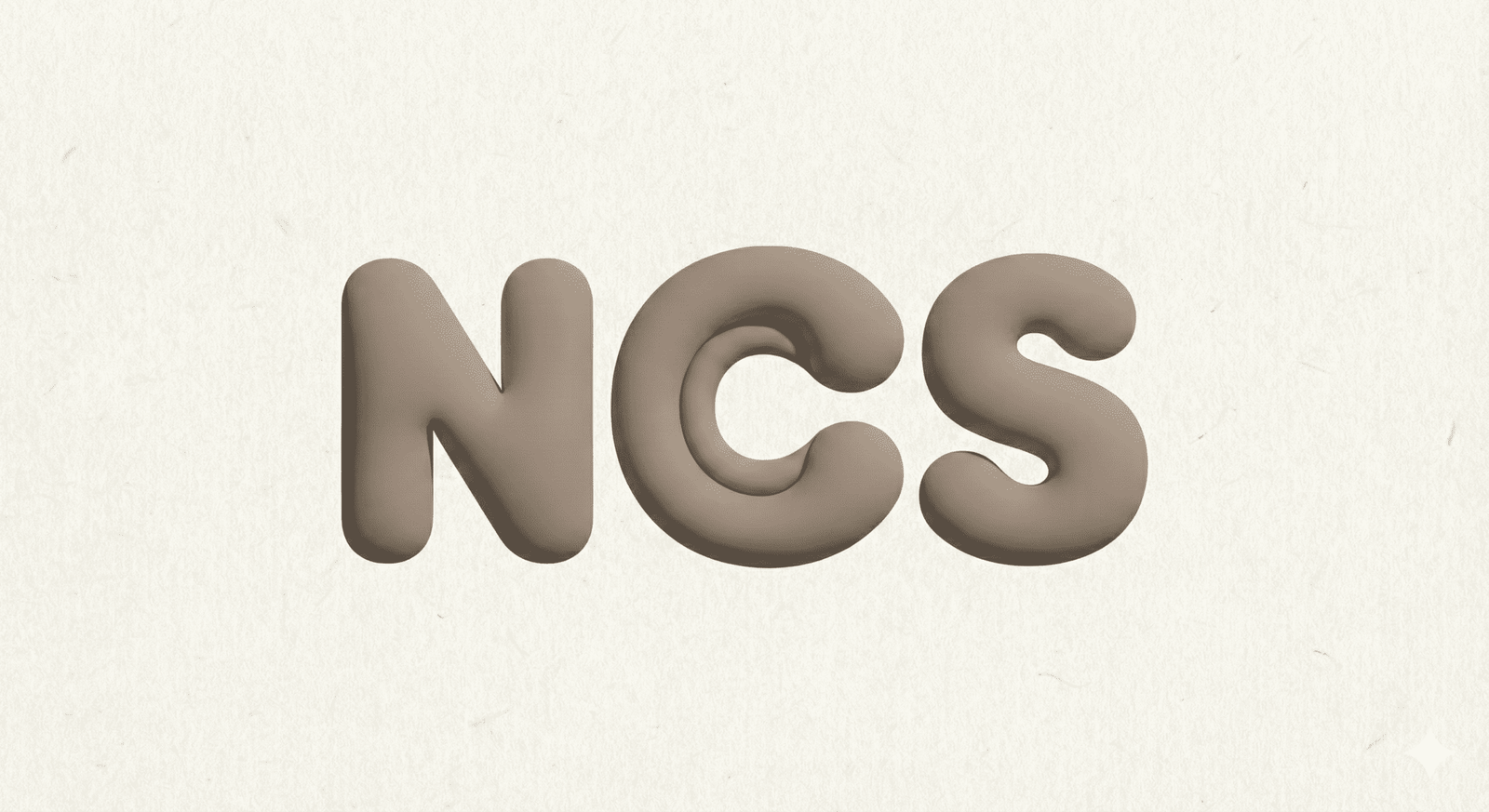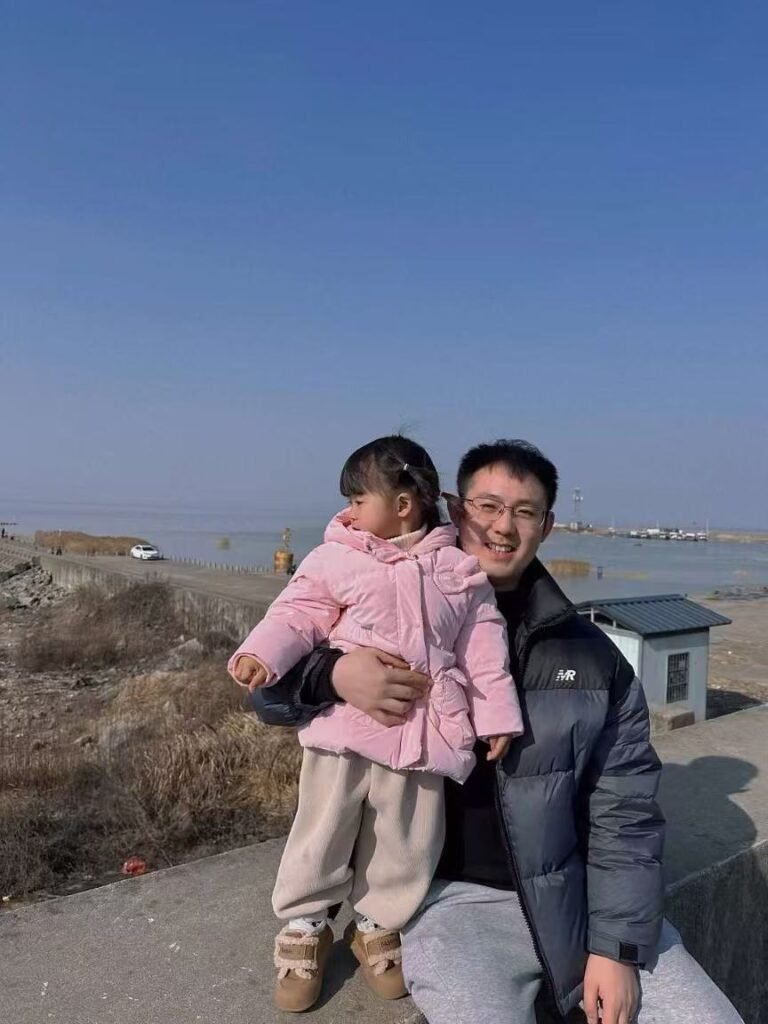For global buyers sourcing slippers from China, two key destinations often come up: the United Arab Emirates (UAE) and South Africa.
Both markets have strong demand for slippers, but they differ in logistics, compliance, buyer preferences, and profitability.
This comparison guide will help importers understand which market is a better fit in 2025 — or how to strategically approach both.
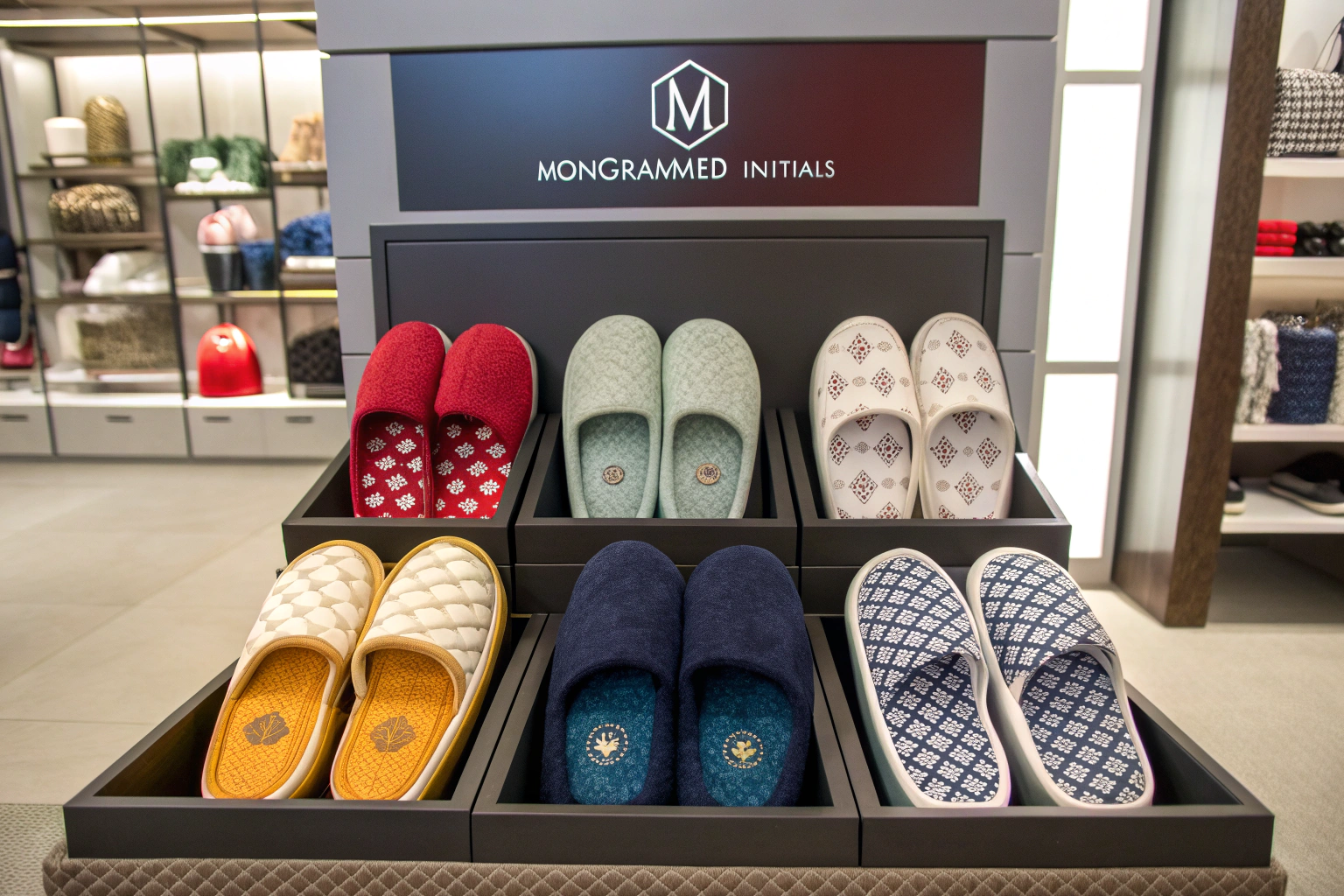
1. Market Overview
UAE
- Acts as a re-export hub for the Middle East and North Africa.
- Buyers: wholesalers, e-commerce stores (Noon, Amazon.ae), gift & promotion distributors.
- Demand: low MOQ, fast replenishment, trendy designs.
South Africa
- Africa’s largest consumer economy, with distribution hubs in Johannesburg, Cape Town, Durban.
- Buyers: retailers, wholesalers, e-commerce (Takealot).
- Demand: durable, cost-effective slippers, with strong seasonal peaks during winter.
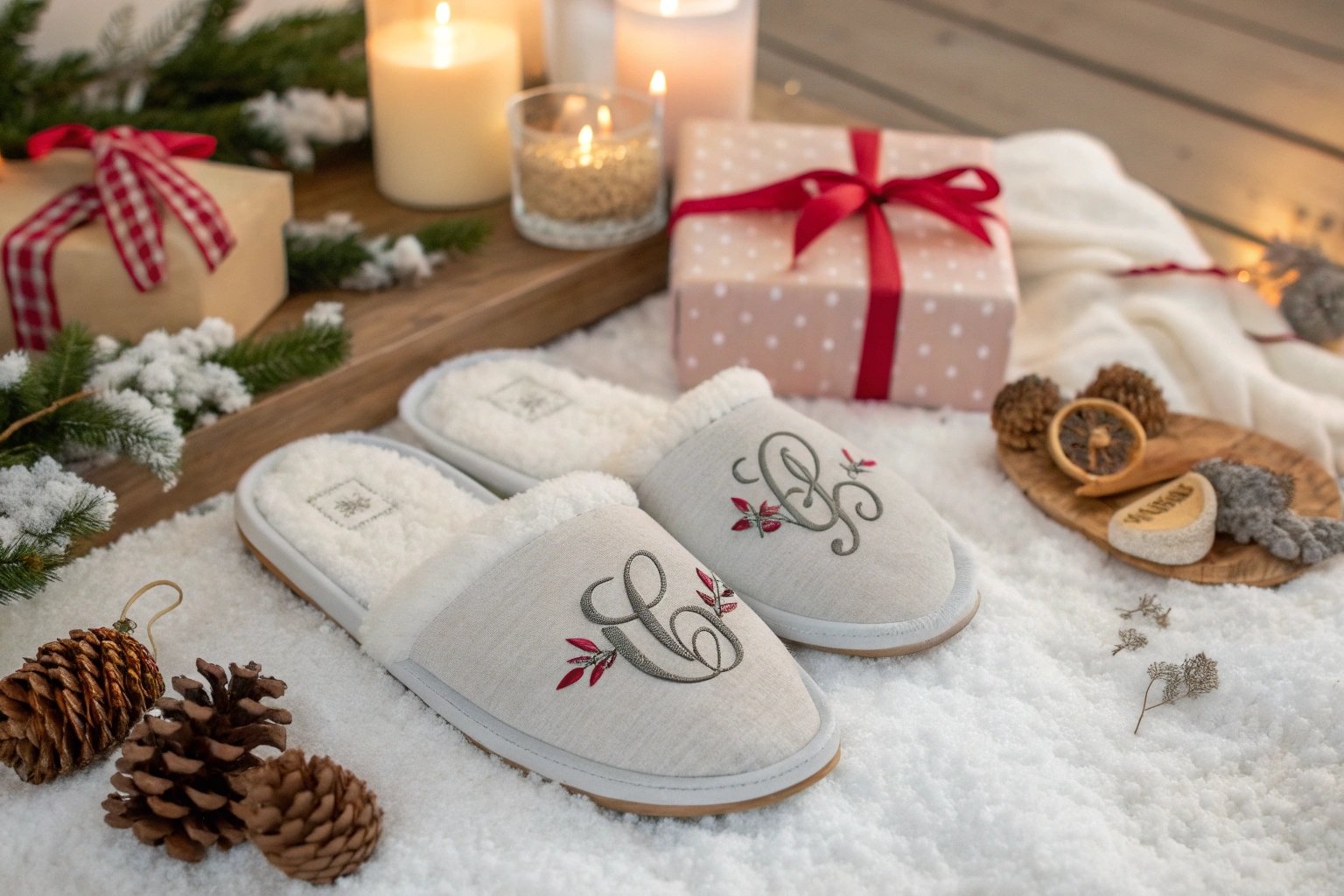
2. Logistics & Ports
| Factor | UAE | South Africa |
|---|---|---|
| Main Ports | Jebel Ali (Dubai), Sharjah | Durban, Cape Town, Johannesburg Dry Port |
| Sea Freight | 15–20 days from China | 25–35 days from China |
| Air Freight | 48–72 hours, major hub | 5–7 days, higher cost |
| Role | Fast-moving hub, re-export gateway | Longer lead times, but stable domestic market |
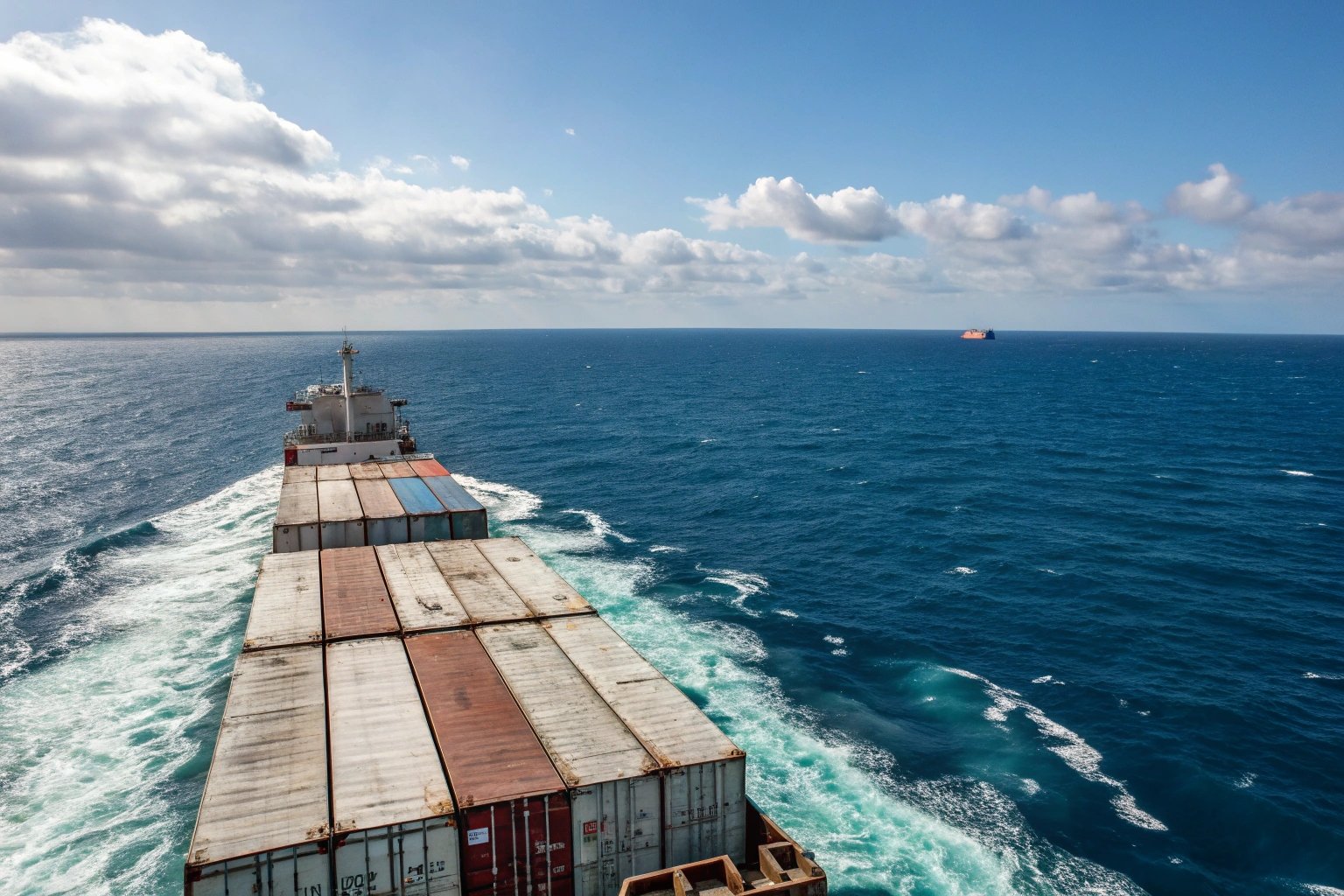
3. Compliance & Duties
UAE
- VAT: 5%
- Import Duty: ~5% for slippers (depending on HS code)
- Documents: Invoice, Packing List, B/L, Certificate of Origin
- Advantage: fast clearance, simple regulations
South Africa
- VAT: 15%
- Import Duty: 20–30% (common HS codes: 6404/6405)
- Must register with SARS Importer Code
- More paperwork, but higher resale prices
4. Buyer Preferences & Trends
| Aspect | UAE Buyers | South Africa Buyers |
|---|---|---|
| MOQ | Small (500–1000 pairs) | Larger (1000–2000+ pairs) |
| Style | Fashion, gifts, branded packaging | Durable, cost-effective, family packs |
| Speed | Fast replenishment | Seasonal stock planning |
| Eco-friendly | Strong demand (rPET, bamboo, organic cotton) | Emerging trend, growing interest |
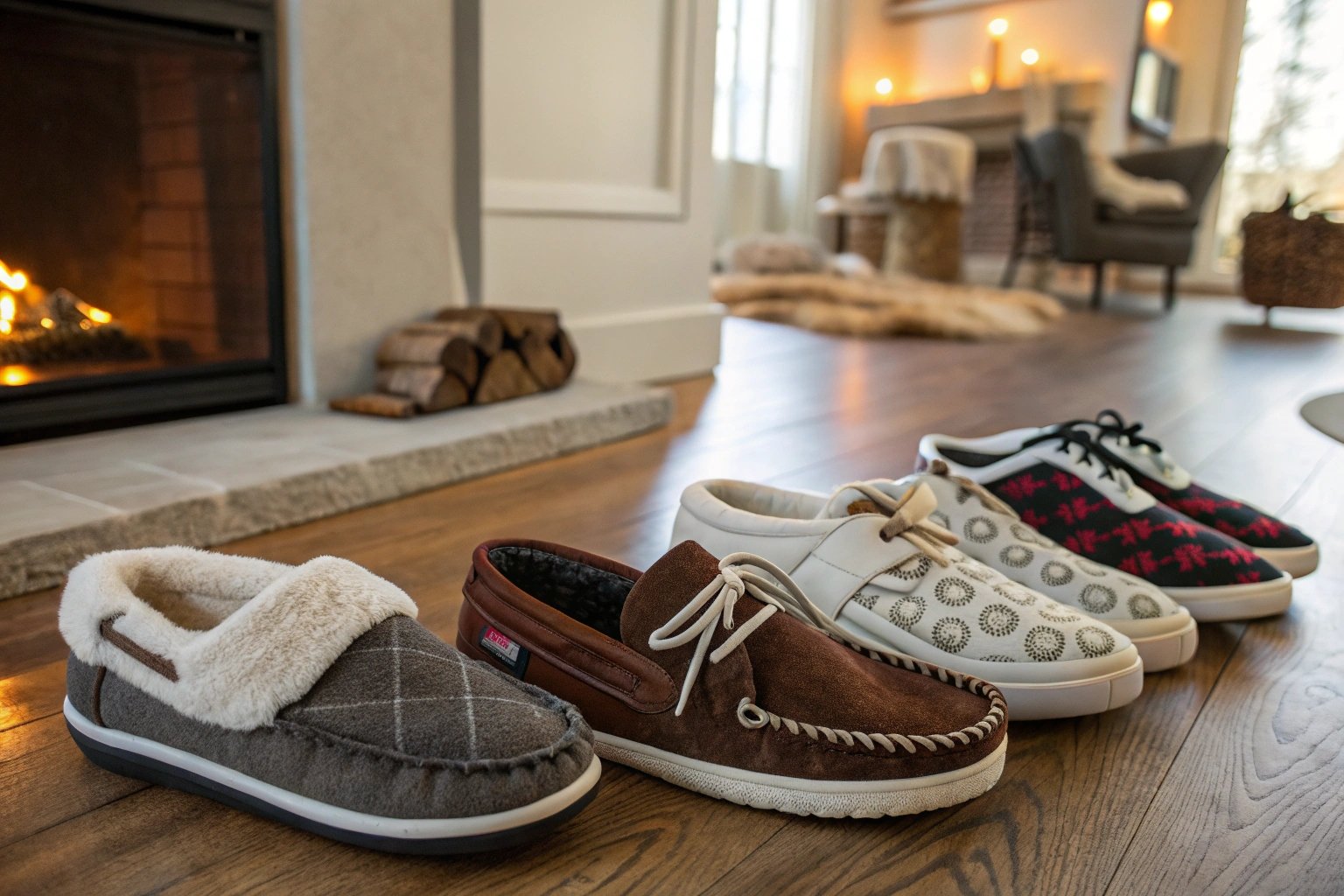
5. Profitability & Strategy
-
UAE Advantage:
- Low entry barrier with small MOQs.
- Ideal for testing new designs or launching private labels.
- Re-export potential to Gulf and North Africa.
-
South Africa Advantage:
- Higher duties, but higher retail prices.
- Good for stable, large orders once demand is proven.
- Strong seasonal sales spikes.
-
Best Strategy:
- Use UAE for market testing & fast-turnaround orders.
- Scale into South Africa for large, long-term shipments.
- Together, the two markets create a balanced export portfolio.

6. FAQs
Q: Which market is easier for customs clearance?
A: UAE – faster and simpler process.
Q: Which market offers higher profit margins?
A: South Africa – despite higher duties, retail prices are higher.
Q: Which market is better for eco-friendly slippers?
A: UAE already has strong eco-demand; South Africa is catching up.
Conclusion
- UAE = fast, flexible, and perfect for low MOQ + re-export trade.
- South Africa = stable, profitable, and ideal for bulk orders.
- The smart choice for 2025? Target both:
- Test fast in UAE → Scale big in South Africa.
👉 Contact us today to request samples, pricing, and custom solutions for both markets.
